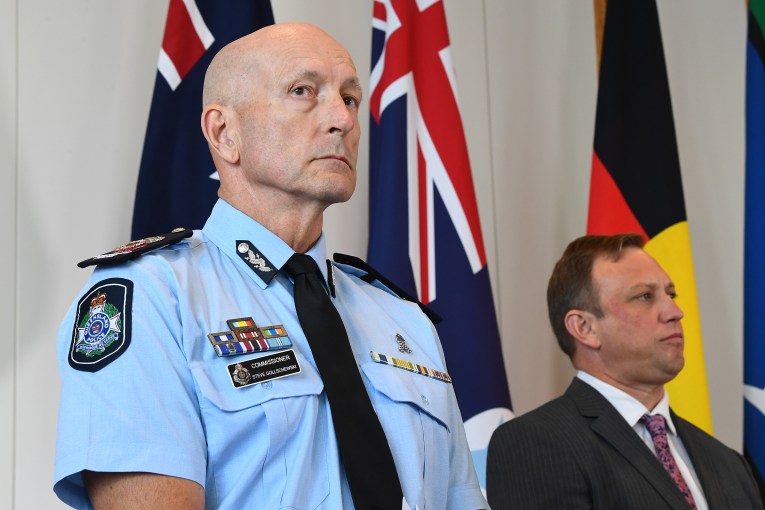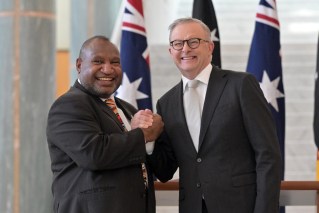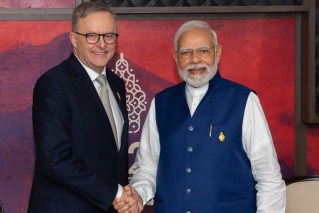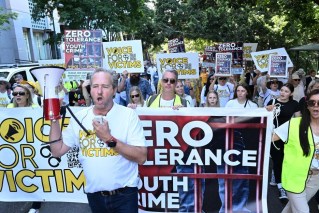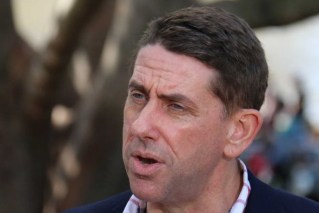‘No one should go backwards’: Labor backs 5.1 per cent wage rise
The Albanese Government has called on the Fair Work Commission to ensure the pay of low-income workers not go backwards, in its submission on a potential rise to the minimum wage.
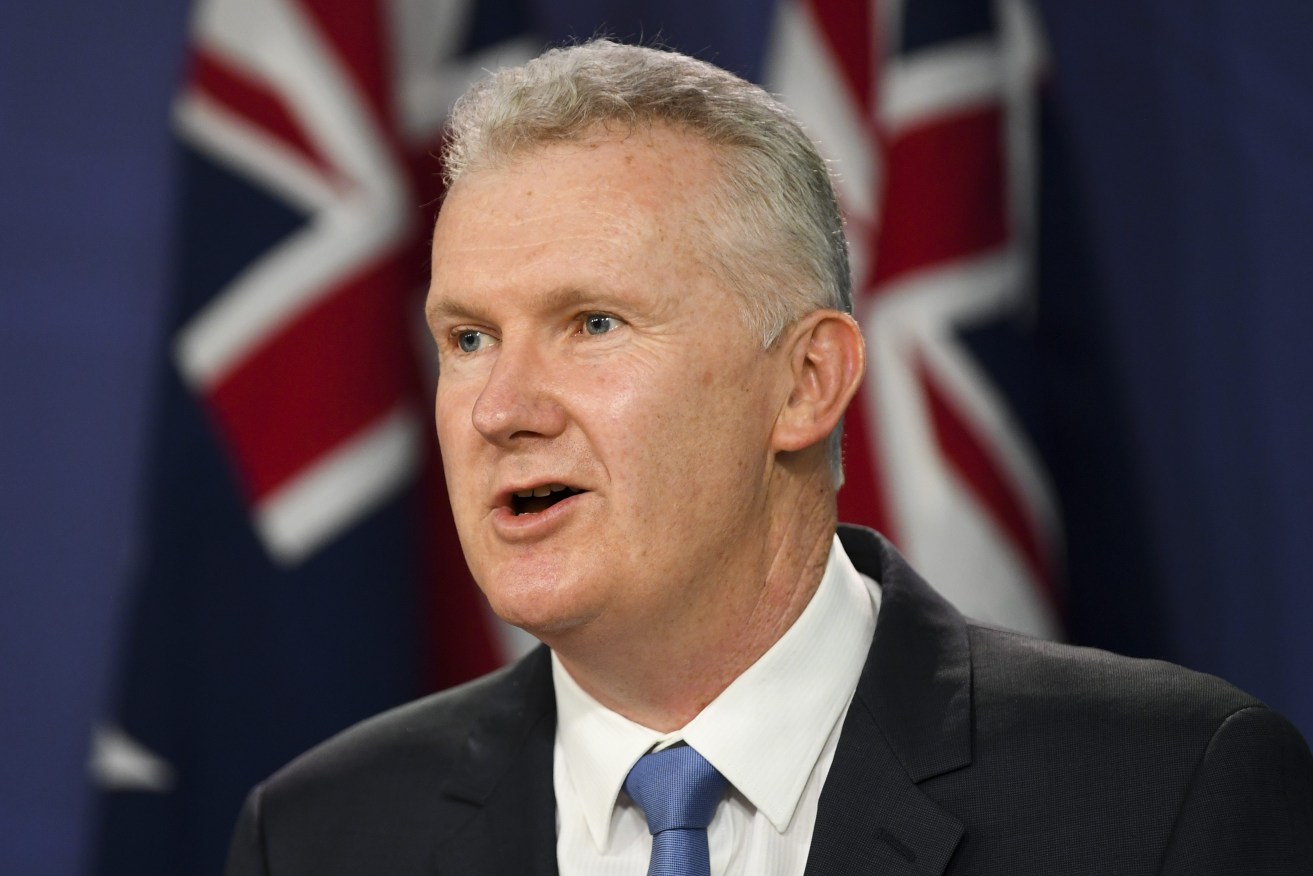
Industrial Relations Minister Tony Burke. (AAP Image/Lukas Coch)
The government handed in its six-page submission to the commission on Friday afternoon, as the body reviews whether the minimum wage should rise above the current level of $20.33 an hour.
Following rising inflation levels, the highest in two decades, Employment Minister Tony Burke said the government was willing to fight for better wages for workers.
“Keeping wages low is no longer a position from the government of Australia, we want to make sure that wages can get moving, and the first step of that was taken today,” Mr Burke told reporters in Sydney.
“We have made clear to the Fair Work Commission in its annual wage review that the position of the government is that we do not want low paid workers to go backwards.”
While the submission does not include a figure on how much the minimum wage should rise, the consumer price index has risen to 5.1 per cent, which is 2.7 percentage points higher than wages growth.
The submission from the government said: “In considering its decision on wages for this year, the government recommends the Fair Work Commission ensures that the real wages of Australia’s low-paid workers do not go backwards.”
“High and rising inflation and weak wages growth are reducing real wages across the economy and creating cost of living pressures for low-paid workers.”
The government said it did not suggest that wages should automatically increase in line with inflation.
“The current economic circumstances are highly unusual and challenging, and the government’s submission pertains specifically to the low-paid and in the current macroeconomic context,” the submission said.
“Maintaining the relative standard of living of low-paid workers is not expected to have a material impact on employment.”
The government said in its submission the commission had increased the minimum wage in nine out of the past 10 years in line with, or above, inflation.
Prime Minister Anthony Albanese said during the election campaign he would “absolutely” back a 5.1 per cent increase in the minimum wage.
Burke said the submission was not limited to those on the minimum wage, also referring to low-wage workers.
“They’re largely the heroes of the pandemic … We’re talking about people on awards that are close to the minimum wage as well,” he said.
“We don’t want anyone to go backwards, but there’s a particular priority right now with respect to low-paid workers.”
The submission noted the current pressures on cost of living would have a disproportionate impact on low-paid workers.
“A more substantial increase for those on low wages would be beneficial in assisting to narrow the gender pay gap,” the submission said.
“Supporting a more substantial increase for low-paid workers will also help maintain relative living standards for the low-paid.”
Other bodies will have until Wednesday to lodge a submission in reply to the government’s position.
The Australian Council of Trade Unions had called for a 5.5 per cent rise to the minimum wage in its submission to the Fair Work Commission.
The commission is expected to hand down its final decision before the end of the month.
